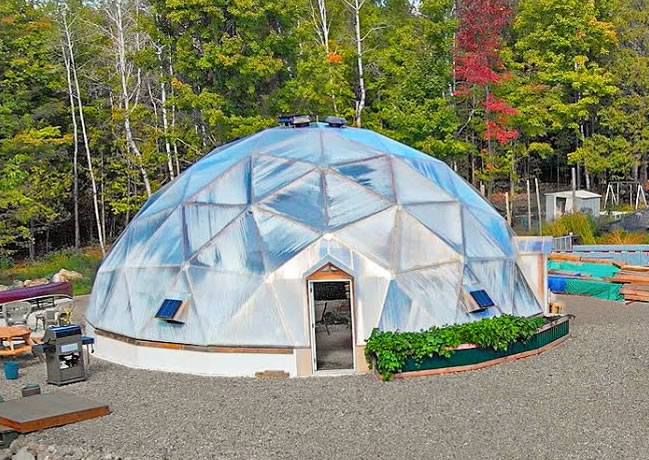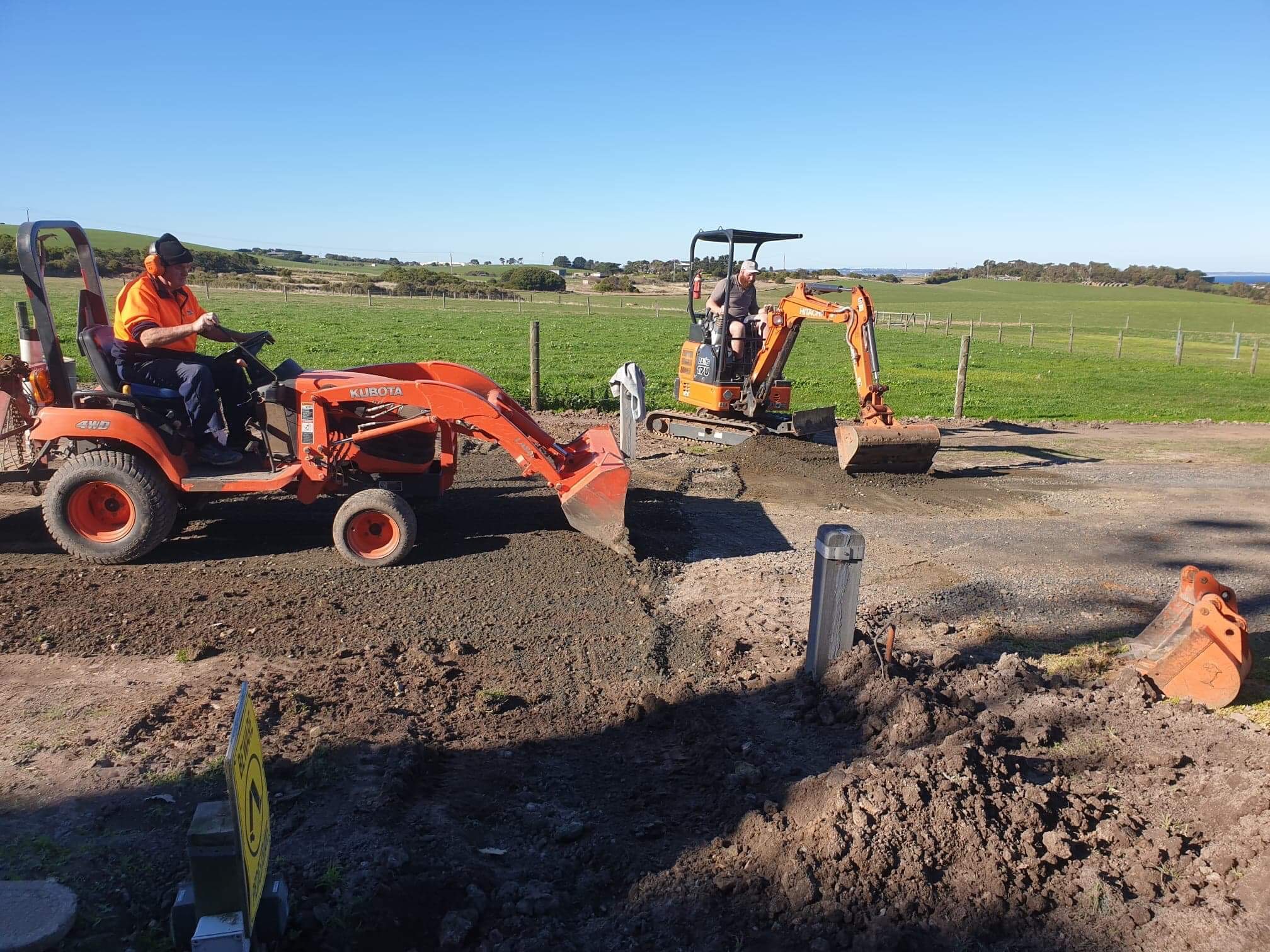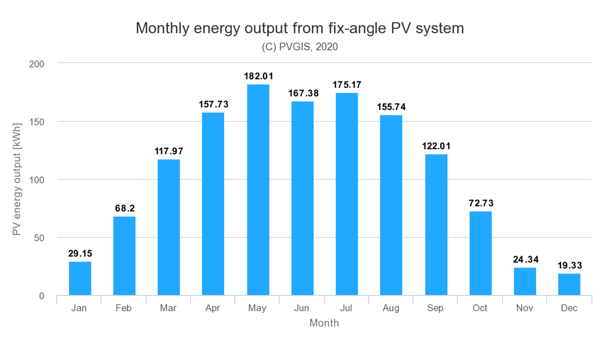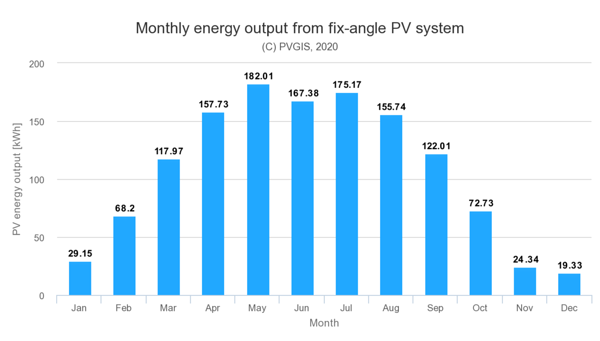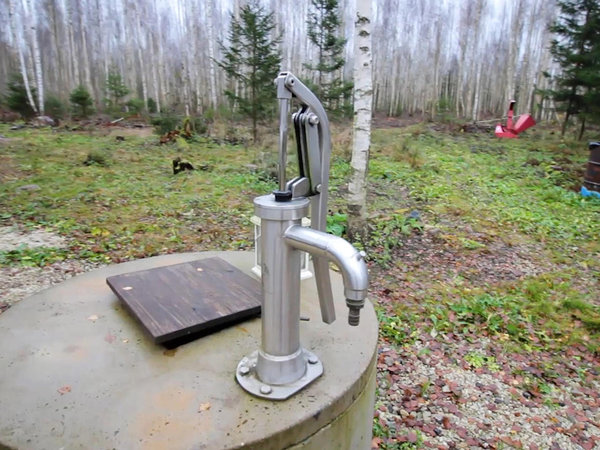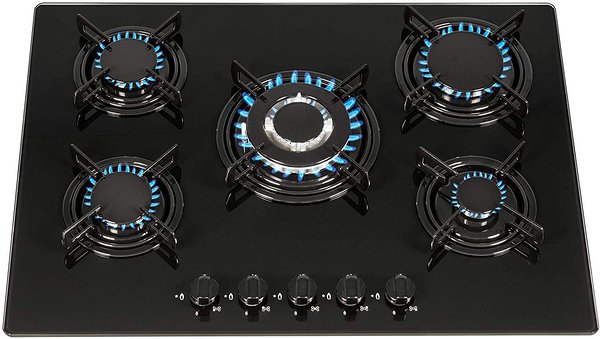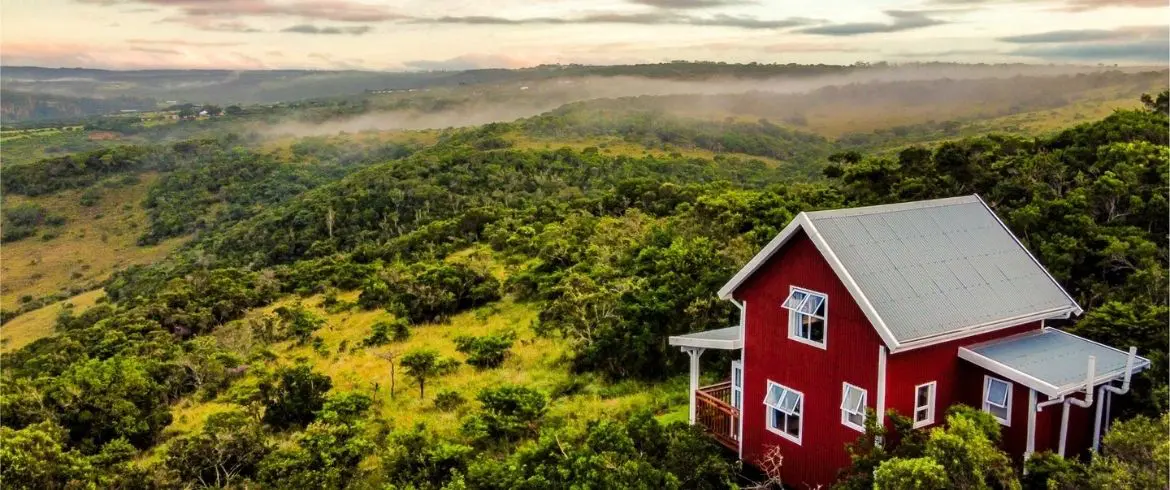Is Off Grid Living for me?
Nowadays living off-grid is something you can do by design and by choice, not just because you need to.
As off-grid systems are becoming more and more affordable, you have the opportunity to build a self-sustainable home far from networks and utilities.
Nowadays living off-grid is something you can do by design and by choice, not just because you need to.
As off-grid systems are becoming more and more affordable, you have the opportunity to build a self-sustainable home far from networks and utilities.
However, to make an informed decision, you have to weigh in all the pros and cons of this type of living arrangement.
You must think ahead and plan things right or you might end up with a system that does not satisfy your needs.
"Off Grid with Raymond Brogan" will give you honest and knowledgeable sources to help ease the beginner, into a lifelong and healthy lifestyle.
Shall we begin?
Independence and connection to reality
I can confidently say that the single biggest benefit of the choice I will have made, is the total and complete independence you get to enjoy.
For your off-grid system(s) to work, you have to put in a little effort but you get to live a life where you have no bills to pay.
Yes, no bills to pay.
Most people can just dream about that.
But if you go this route, you cannot just lay on your couch all the time.
...and honestly, I like that.
I am single, haven't found that significant other that shares in the same dream, but you don't have to have the same dream, must the want of living free, healthy and happy. I strongly feel that living off-grid serves to shape a persons character.
In particular, it strengthens their sense of connection with the reality around them.
Living off-grid, you very quickly learn that every action or inaction has consequences.
If you bring the wood in the house and you start a fire, you are not cold anymore. If you just lay on the couch, you are going to freeze.
If you forget to turn off the light in your room, later the batteries will be drained and you won't have power to play games on your desktop computer...
Over time, this instills in them a strong sense of responsibility and accountability for their actions. It molds them into fine, responsible, individuals and this is going to serve them well in the future.
The off-grid systems
When talking about off-grid, people often think only about electricity.
However, to live completely off-grid and be 100% self-sufficient, you need to set up correctly a number of systems.
-
electricity;
-
water supply;
-
wastewater management;
-
heating & hot water;
-
cooking.
Let's see them one by one in more detail...
1. Off-grid electricity
Household electricity can be generated in many different ways.
Here is a list of the most common ones:
- photovoltaic panels;
- wind generators;
- water turbines;
- diesel generators;
- steam turbines running on different types of fuel
By all means, solar energy is the most common option, mainly for three reasons:
- solar radiation is available anywhere on the planet (in some location more than in others);
- once the system is up, it requires very little maintenance and it has zero running costs;
- the technology is very affordable.
So many think that going off-grid means having solar panels on the roof... and yes, that's a good idea but it is not the only option. (i.e. if you have lots of wind in your area, you should seriously consider wind power).
Additionally, there is one major misconception about solar energy:
the more solar panels you install, the better off you are
THIS IS A FALSE STATEMENT!
In reality, the perfect system for you depends on your energy consumption and dimensioning the system right is all about striking a balance between:
- the number of panels;
- the capacity of the inverter;
- the capacity of the battery bank.
The bottleneck here is going to be the capacity of the battery bank.
Why?
Because batteries are expensive and they need replacement after a while (which makes them double expensive).
EXAMPLE (not my real setup, at least for now)
My battery bank has a capacity of about 10 kWh (energy).
My inverter is about 4 kW capacity (power).
On the roof of my house, I have 6 photovoltaic panels with a nominal power of 250W each, which sums up to a total of 1500 W (power).
In summer, it takes around 6 hours for the system to charge the batteries.
If I'm away for work and I do not use any electricity in the house, all the solar energy after 2:00 PM is going to waste.
True, I could store more if I had more batteries... but the point is: I don't need more than that.
Also, if I had more batteries, they would never manage to charge in winter.
In fact, in winter months, there is very little sun and may have to run on a backup generator anyway.
The image above shows the energy generated from my system (hypothetically).
My energy consumption for electricity is about 5kWh/day and I'm able to run 100% on solar energy from March to September.
EXERCISE: calculate your daily consumption of electricity and get an idea of the kWh you need every day.Here is how to do it:
- take your last electricity bill;
- check how many kWh you used;
- divide this sum for the number of days in the period of the bill.
There you have it. That's your daily electricity consumption in kWh.
Now, if you are like most people, this number will be well above 10kWh/day.
This means you'd need more batteries I have and a larger inverter.
Does it mean you need more photovoltaic panels?
Nope, that depends entirely on your location.
The closer you live to the equator, the fewer panels you are going to need (more on this below).
Reducing the consumption of electricity
The single most important consideration when you’re planning off-grid systems is to keep your consumption in check.
Here are a few tips to lower your consumption of electricity:
- don't use electricity for heating (not even heat-pumps);
- don't use electric kettles, ovens, microwaves;
- use LED lighting;
- build a highly energy-efficient house, so you'll need less heating and less cooling.
The back-up Generator
Unless you live in Malta or in Texas, you are going to need a backup generator to help you top up your batteries in winter.
For the sake of curiosity, in the image below you can see what would be the output of my photovoltaic system if my house was in Nevada.
As you can see, I could live 100% on solar energy for the entire year... but that'd be possible only thanks to the location, not thanks to the system! (it is the very same system).
So, keep in mind that the performance of your off-grid electricity system totally depends on your location.
Thinking of generating 100% of the energy just from solar is - in most locations - just a dream.
In times when you need more power or during particularly cloudy days, you'll need to rely on a diesel generator, or you can use a windmill or two, depending on the grade and make of windmill. I suggest buying a name brand one opposed to trying to build a homemade job from a car alternator.
Make sure you fit that in your budget!
2. off-grid water supply
Getting water is pretty simple with a shallow well.
I have my own shallow well, equipped with an electric pump (and a back up manual pump: on the picture).
The pump doesn't consume much electric energy and it provides me with good and clean running water.
If you plan to dig a shallow well for your house, make sure you have water on the property BEFORE you buy the land!
There are companies that specialize in drilling wells and they can provide professional assistance on this matter.
Needless to say, the well and any consulting services related to that, should end up in your budget!
3. off-grid wastewater management
I'm not going to spend too many words on this as septic tanks are a simple and common technology often adopted for on-grid households as well.
Just make sure the size of your tanks is appropriate to the use of water you make.
Too small tanks would fill up too quickly (and you'd be in serious trouble) and too large would not work properly.
Also, just to be safe, don't put the tanks too close to the well...
4. off-grid heating & hot water
Your heating & DHW (domestic hot water) systems deserve a good amount of attention since they are the major energy sucker in the house.
If you are off-grid, I strongly advise against using electricity for heating purposes.
As mentioned before, don’t use solar energy for running heat pumps.
In fact, this would increase your electricity consumption by a lot and we already talked about the importance of decreasing it. Wind power could be sufficient and they produce energy, even at night, but only if you have them placed where clean wind can get to the windmills and not dirty wind.
Also, if you use electric heating, every time you have to run on the back-up generator you are actually heating your house with diesel power... which is extremely inefficient.
My suggestion is to use a stove/fireplace. There are some with very interesting designs that are designed for maximum energy efficiency.
More info Coming soon on how to choose the right stove/fireplace.
5. off-grid Cooking
Cooking is similar to heating. You definitely don't want to have an electric cooktop.
If you are truly off-grid, chances are you do not have access to the gas network... so your choices are very limited, namely:
- a propane cooktop/stove;
- a wood (or pellet) stove.
While a wood stove works very well in winter, it is not very recommendable in summer. Therefore, my warm recommendation (pun intended) would be to go for a propane cooktop.
You'll need to source the gas periodically (again, off-grid systems require you do some work) and you must store used and unused tanks in a safe location, possibly outside the house.
Conclusion
Living in a house that is free from bills and 100% self-sufficient is an incredible experience.
But in order to make that happen, you need to prioritize your needs in terms of energy consumption.
Also, you need to put in a bit of work to keep your system running and you need to be willing to spend some of your time away from your couch.
As usual in everything self-building, good planning is the key to get your systems right and minimize the chance of making mistakes with dimensioning or forgetting something that is gonna cost you lots of money later.


